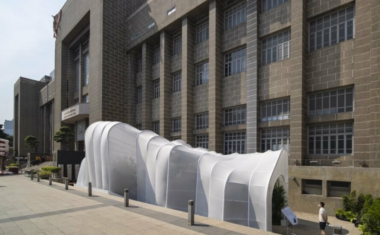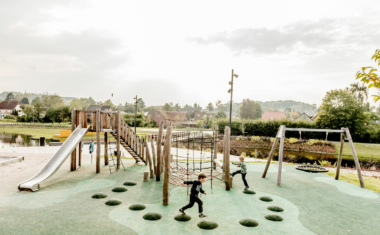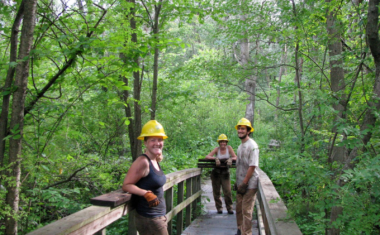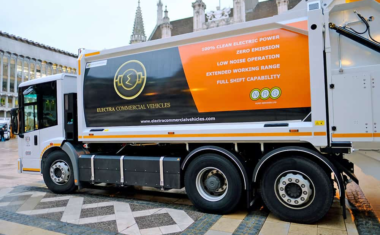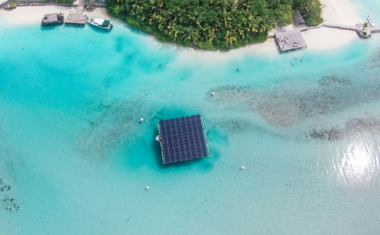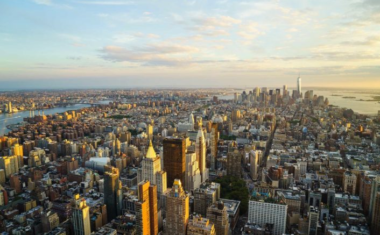Recycled Floating Park
- 5 min to read
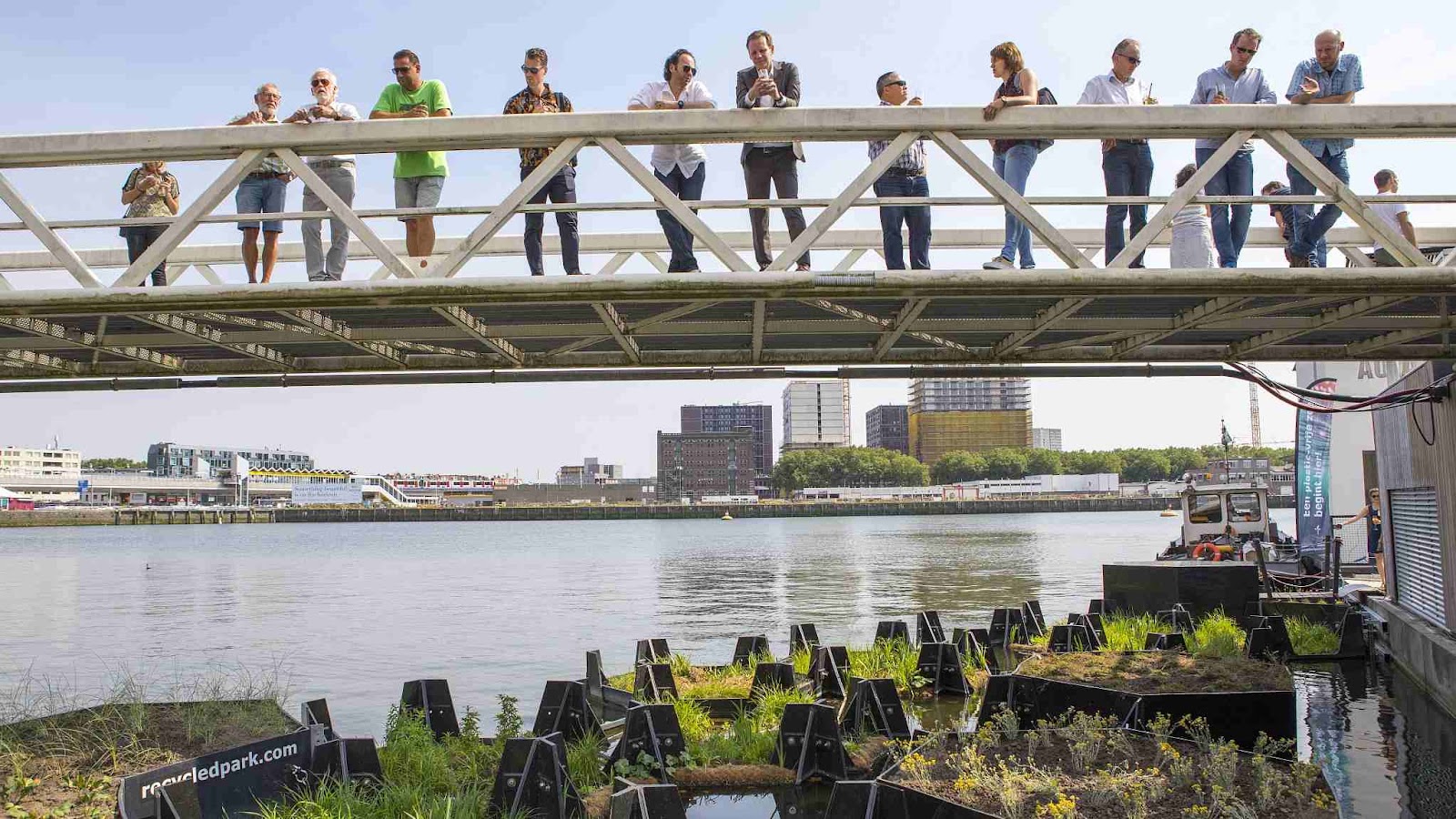
About the city. In Rotterdam, a city on the Netherland’s North Sea coast, there’s a new public space made out of recycled materials for the residents to enjoy, it’s built over water.
Goal
The park is beneficial for the river’s ecosystem, as it offers a habitat for micro and macrofauna, including snails, flatworms, beetles and fish. Its proposal is to retrieve plastic waste from the New Meuse – a distributary of the Rhine River just before it reaches the North Sea.
Implementation period. The first phase of the Recycled Park was officially opened in July of 2018. The Recycled Park has been almost 5 years in the making – designing, recovering plastic and working it into something entirely new.
Fact
Plastic litter is a structural problem in open waters. It travels via rivers into the open sea, where it then becomes a global problem. Efforts are being made to clean up the plastic from the Nieuwe Maas river before it can end up in the North Sea.
Solutions
- The recycled plastic is constructed into hexagonal pods, which mimic the landscape of Rotterdam’s Maas River before humans altered the landscape.
- The pods can be used to create gardens, as a habitat for wildlife, or for chilling out, and they can be moulded into different seating arrangements.
- Plastic dumped into the city’s canals is collected by “litter traps” which prevent plastic from flowing into the ocean. Plastic is collected by litter traps deployed along the river. That plastic is processed into building material, which is then used to construct the park.
- The park is entirely constructed out of plastic waste and trash gathered by a team of volunteers and students over a year-and-half.
- The park’s plastic hexagons were designed not only for people but to be prime habitat for native waterbirds, plants, fish, and even algae.
Challenges
Problem: Despite the obvious benefits, retrieving plastic waste from the river is technically illegal.
Waste in the New Meuse river still legally belongs to whoever discarded it, as EU law states that waste may not be abandoned and littering is a form of abandonment. So, the taking and using of this waste, in theory, amounts to stealing from its most recent owner.
Solution: Since there’s no way to identify the belonging of litter and with no way of identifying ownership, it’s socially acceptable for anyone to take and use plastic waste in rivers.
Team
The floating park was initiated by the Recycled Island Foundation, the City of Rotterdam, WIHM Architecture, volunteers and HEBO Maritime Service
Timeline
More than 1,000 cubic meters of plastic waste turned into 140m2 of floating park .
If you notice an error or inaccuracy in our editorials, please email [email protected] so we can look into it.

